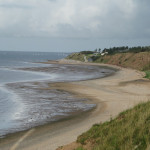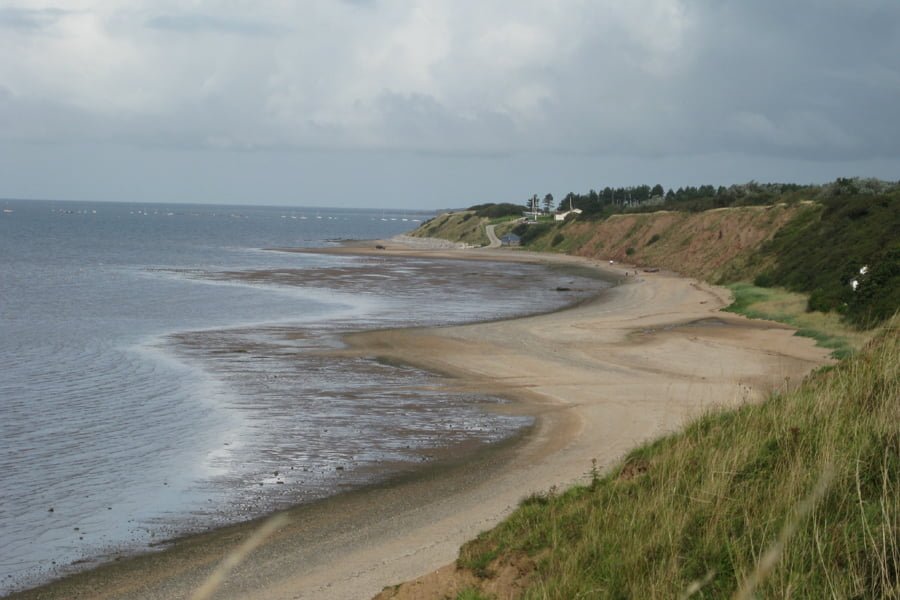One gets spoiled in Oxford, gets used to fast-moving, intelligent conversation; to hearing of new books and new ideas, and having your own thinking challenged.
And sometimes, after living here for years, you can think of Oxford as the world. Think of the body of Christ in Oxford as identical to the body of Christ anywhere in the world.
* * *
I went on a retreat in the Cotswolds a few months ago, wanting quiet; time to refill my emotional and spiritual tanks, and to rest in the presence of God.
What I got was a continual rousting for worship and meals and talks, and unkindest cut: childish activities organised by elderly volunteer ladies: “Draw what the Lord is saying to you, and share it with the group.”
I grimace. She gushes, “You never know what the Lord might use to speak to you.” Yeah, but why not try the ancient ways of prayer and scripture?
And, of course, we don’t know each other, and no one wants to give the wrong answer, so it’s a bit of a platitudinous Follow the Leader. A bit sentimental, flat, childlike.
* * *
Garrison Keillor describes his fictional Lake Wobegon as “where all the women are strong, all the men are good-looking, and all the children are above average.” Well, Oxford can be like that.
And here I am, looking around, thinking, “Definitely not Lake Wobegon. Or Oxford. Is X a bit slow?”
Meals are in common, relentless small talk, joshing and joking about unfunny things. My smile grows so fixed that my cheek muscles hurt, and I probably look pretty slow myself.
At the coffee station, the lady I suspected of being a bit “slow” joins me, and she is bewildered. You pay for hot chocolate; tea is free; coffee is free, but apparently they hide the filters, so you have to wait for the staff to make it. Some milk is free, if you can find it; some is private, and labelled.
I spell all this pettiness for her, all the while wanting to get back to my own room.
* * *
“Where are you from, Anita?”
“Oxford,” I say tersely, my personal shorthand for, “NO, I am not going to tell you my life-story.”
“And where you from, Annie?” I ask in turn, politely.
“From the Wirral,” she says. “I bet you don’t know where that it.”
“Of course, I do,” I say with some asperity. “It’s in Birmingham.”
She pauses. “Yes,” she says, slowly. “It is in Birmingham.”
“I have lived in the UK for 14 years” I inform her. “I recognised your accent,” I say proudly, fibbing. Recognised an accent would have been more accurate.
“Yeeess,” she says.
* * *
My mind plays with the conversation on the way back to my room. The Wirral; the Wirral. But wasn’t it somewhere up north? Near Liverpool? I google it on my phone.
Yes, indeed it was.
But why ever had she agreed it was in Birmingham? She lived there after all. She must have known.
* * *
And I realise, with a hot rush of shame.
Annie, an elderly woman I had judged to be slow, had assented to the Wirral being in Birmingham, so as not to embarrass me!!
* * *
Wow, what completely unnecessary sensitivity and delicacy!
Oh, intelligence counts for nothing at all. It is the culture of the spirit which matters. I remembered Christina Rossetti. “All is small save love, for love is all in all.”
I have spent much of my life among clever people, moving to faculty housing at a university campus where my father taught at 14, then my own years at college and graduate school; then marrying an academic straight out of graduate school, and another 21 years in the orbit of universities.
I went through a phase when I was an undergraduate at Oxford, of being thoroughly wowed by very, very clever people. And I still thoroughly enjoy them.
And what I have learned is that intelligence counts for nothing, really, when it comes to living well. It does not make you happier; it does not ensure your children are well brought-up; it doesn’t safeguard marriages. And, gallingly, unless you are focused on wealth-building, it doesn’t even make you rich!!
What matters is wisdom. What matters is kindness. And many years ago, I decided that if I had the choice, I would hang out with wise, kind people rather than clever people. I decided that kindness of the heart trumps sharpness of the brain, anyway, any day.
I feel ashamed of the smallness of my judgements, at the smallness of my heart, for my silly assessing of people as to whether they are as above average as those in Lake Wobegon or Oxford. People are not to be superficially or superciliously judged. They are to be enjoyed—and loved, if one’s little heart could stretch that far.
Intelligence counts for nothing substantive, no more than beauty does. What matters is the kindness of the heart, the culture of the heart.
And when it came to that, Annie, who kindly agreed the Wirral was in Birmingham so as not to embarrass the know-it-all foreign lady who had so confidently placed it there–well, Annie far out-classed Anita, who had judged her as slow, but had, herself, a whole lot of catching up to do.

